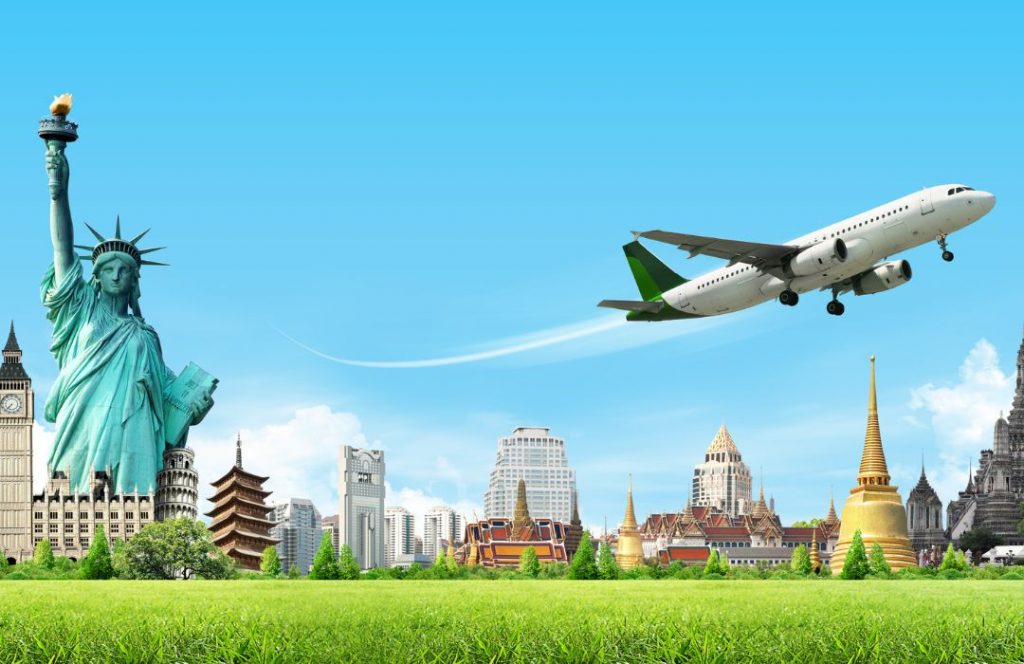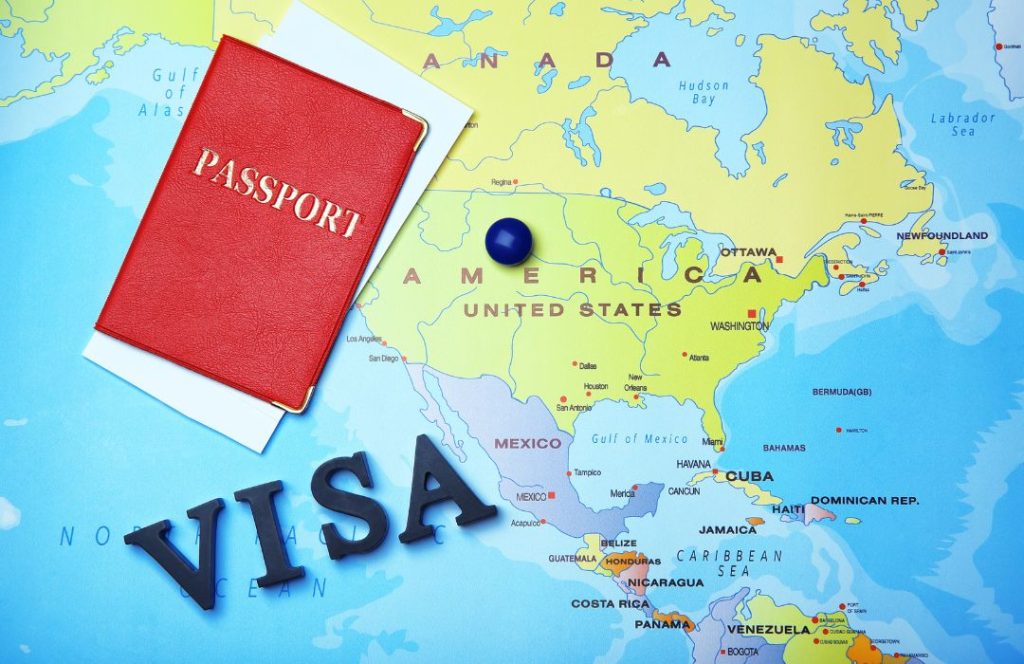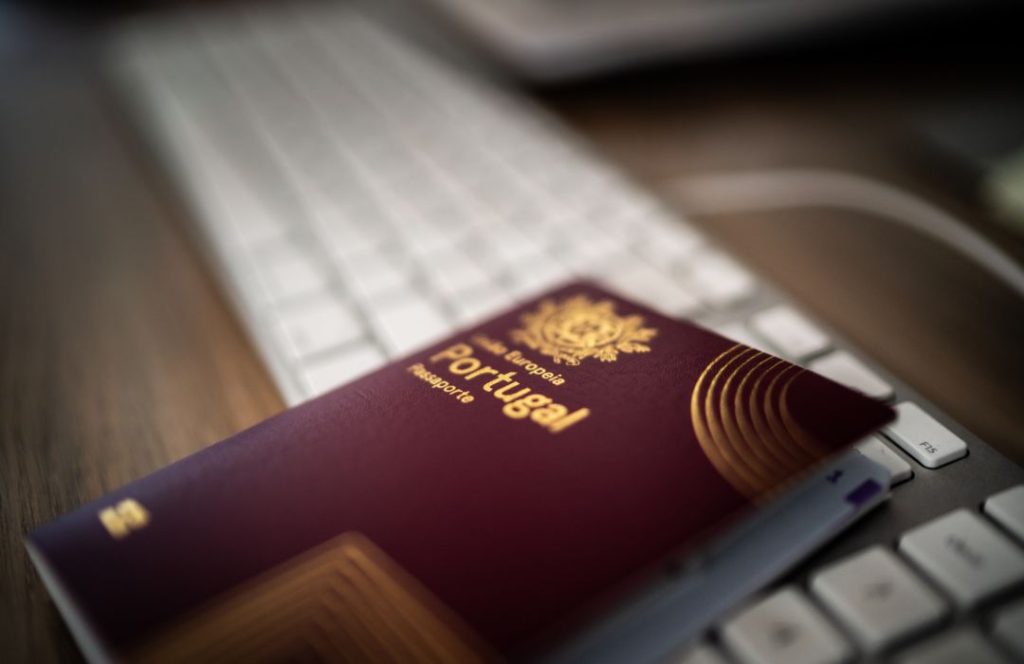Our mother tongue is ingrained in us. We grow up absorbing it from our parents, siblings, and surroundings. Learning a new language can be a bit challenging. However, we must put in the effort because learning a new language offers many benefits, especially for travelers. When you can speak multiple languages, you can easily interact with anyone from around the world.
Learning a new language varies for each person and language. You may find that some languages are relatively easy for you to grasp, while others seem a bit more difficult. However, the more you practice, the better your foreign language skills will become. Learning a new language becomes even more important when you are traveling. Before we dive into the many benefits, let’s explore some reasons why it’s worth traveling.
The Benefits of Traveling
- Traveling is an integral part of life and offers many benefits to a person:
- It brings you a lot of happiness; it’s part of learning, and it helps you relax and refresh.
- It takes you away from the daily routine and provides you with the essential rest. While traveling, you get to see the world, meet new people, explore new places, enjoy different cultures, admire beautiful landscapes, and enjoy the weather outside of your homeland.
- It brings numerous benefits to the heart, mind, and body. You can even decide to live in another country just by visiting.
These benefits outweigh any potential disadvantages of going on a trip. If you haven’t traveled before, do it today. You can visit another country or city within your own country, travel to another country on the same continent, or even cross the ocean and visit countries on a different continent. If you’re a regular traveler but paused because of the COVID-19 pandemic, mark your calendar today to start planning your next trip.
The good news is that the pandemic has subsided, and the effects are no longer felt as intensely as before. Different countries have eased restrictions on entering and exiting borders. Additionally, there are now vaccines available, which ensures that the risk of getting sick will be significantly reduced. So, dust off the atlas and find a country to visit. One of the best things you can do for your mental health is disconnect. Every now and then, go somewhere else and stay there for a few days to a few weeks.
Why Learn a Language When You Travel?
However, before you head out, there’s one essential thing you need: a new language or two. Learning English can be very helpful around the world. Imagine landing in a foreign country and encountering a snowstorm, directions, figures, cultures, challenges, and choices that you don’t understand. This is a surefire way to make your trip less enjoyable. Therefore, you need to choose a new language. How many languages do you speak right now? More than one, or just your native language? That won’t help, especially if you want to start traveling. It will help if you learn a new language. Don’t stop at one; learn two or three. Doing so has so many great benefits for you, the traveler.
According to Nelson Mandela, ‘If you talk to a man in a language he understands, that goes to his head. If you talk to him in his language, that goes to his heart.’ Below are ten benefits of learning languages while traveling internationally:
10 Benefits of Learning Languages While Traveling
1) It Saves You a Lot of Money
When you learn a new language, you can save a lot of money. Imagine being able to negotiate the prices of goods and services in a new country. That’s what the language will help you do. You can get cheaper hotel rates and even negotiate their prices to fit your budget. You can also choose shared accommodations or stay with a host family. This move will save you a considerable amount of money, help you make friends, and easily integrate into their culture. But accommodations aren’t the only way you can save money. You can save money on local transportation, whether it’s flights, trains, or taxi rides. You can save money by going to the local market to buy ingredients for your meals or by finding local restaurants where you can get delicious food at a lower price.
2) It Helps You Find Work Abroad Easily
There are so many great job opportunities outside your home country, often with better pay and working conditions. Learning the language of another country can make it easier to land a job abroad. If you’re called for interviews, you can impress potential employers with your excellent conversational skills in their language. Experts say that speaking two or more languages can increase your chances of getting a job abroad by 10%-15%. Knowing different cultures and languages will make you an excellent candidate because it shows you can integrate easily and work well with your international colleagues.
3) It Opens Up Many Opportunities
You can connect with the right person at the right time when you learn a new language. This action helps you seize opportunities that arise during your travels. You might even maximize such opportunities before you travel, assuming you’ve seen it online, read about it, or heard about it from a friend before your trip. The new language you’ve learned will help ensure you don’t miss out on these opportunities. You might find chances for studies, work, or even business when you can speak the language of the country you’re visiting.
4) It Increases Safety
Do you remember how aware you were of your surroundings when you first started driving? You should be just as aware when speaking two languages and finding yourself in a new environment. This increased awareness helps you know when to adjust greetings, manners, and demeanor to fit the people you are visiting. There’s also the added benefit of making you feel safer. You can stroll through a famous market without fear of pickpockets, as you can easily read all the signs and words.
5) It Eases Navigation
Knowing the language of the place you’re visiting makes navigation much easier. It will make your trip more enjoyable. Whether you want to read signs or ask for directions, knowing the local language will help you immensely. You can easily order food from a local restaurant, book a hotel, and even negotiate fees and deals. You can ask for directions to a library, museum, park, or even a stadium to enjoy a soccer match. Indeed, learning a new language makes settling in a country much easier.
6) Understanding Another Culture
No matter how many travel diaries you read or documentaries you watch about a country or city, it will never be the same as physically being in that country. When you’re in the country, you’re able to absorb the culture of the people better, and you can learn from and with them. And knowing the language of that country helps you understand the culture better. Since one of the major reasons for traveling is to see and understand the culture of others, it’s better to learn the language of the place you’re going to. Knowing the native language will give you a richer cultural experience.
7) Avoiding Cultural Faux Pas
Sometimes you travel to a place and use your greeting method to say ‘hello’ to someone, and they don’t respond. Maybe it’s a hand gesture that means ‘hello’ in your country, but in the other culture, it has a different (possibly opposite) meaning. This is a cultural faux pas, and it could have been avoided if you had learned their culture. The best way to learn a culture is through its language. When you understand their culture, you can use the proper terms required for any situation you find yourself in. You’ll know the respectful words that apply to their community, which helps you avoid making a fool of yourself. Learning about a new place’s culture shows that you care about the people’s culture, and they’ll appreciate you for it.
8) Making New Friendships
Most of the enjoyable experiences you gain from traveling come from the variety of people you meet. Knowing their language will help you maximize those experiences and build deeper, lasting connections with others. Making friends with people from different cultures is a big deal, and learning their language makes friendship and connection easy. You can meet new business partners, investors, students, clients, and perhaps even a life partner, just by developing relationships with others. With the new language, you’ll be able to communicate with people in ways you never thought possible.
9) Explore Local Places in a New City
When you can speak the local language of the place you’re visiting, it will be easy to discover local tourist attractions (for example, if you visit Portugal, you’ll uncover beautiful spots in Lisbon). You’ll find exciting places in the city, hidden attractions, the best tourist spots, resorts, and the most thrilling places you should visit before leaving the country. This way, you’ll have great memories from your visit and enjoy your trip. When you return to your country, you’ll speak about that place like a local, not just as a tourist, because you made the effort to learn a new language.
10) Train Your Brain
Who would have thought that learning a simple language that helps with your travel dreams would significantly benefit your brain and improve your memory? Yes, it’s true. Learning a new language helps strengthen your thinking, brain, and memory. A study by Antonio Mark in the Annual Review of Linguistics showed that learning languages makes children brighter and helps adults reduce the frequency of Alzheimer’s disease. He stated that learning at least two languages delays the onset of the disease and enhances brain function and memory as you age. Learning anything changes your brain, and the same applies to learning a new language. Who knew traveling could improve your health?
Summary
Learning languages has excellent benefits. No amount of guidebooks or online materials can replace the experience you get when you can speak the language of your host community. It can positively impact you and make your journey pain-free. The best part is that you don’t need to be a language expert; you just need to know enough to get by.















